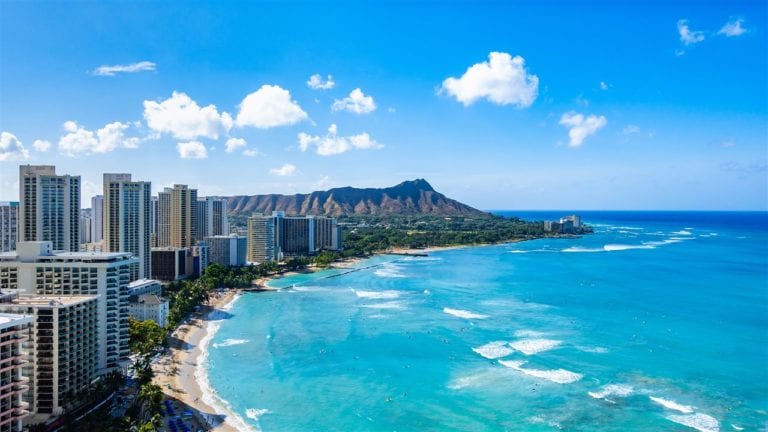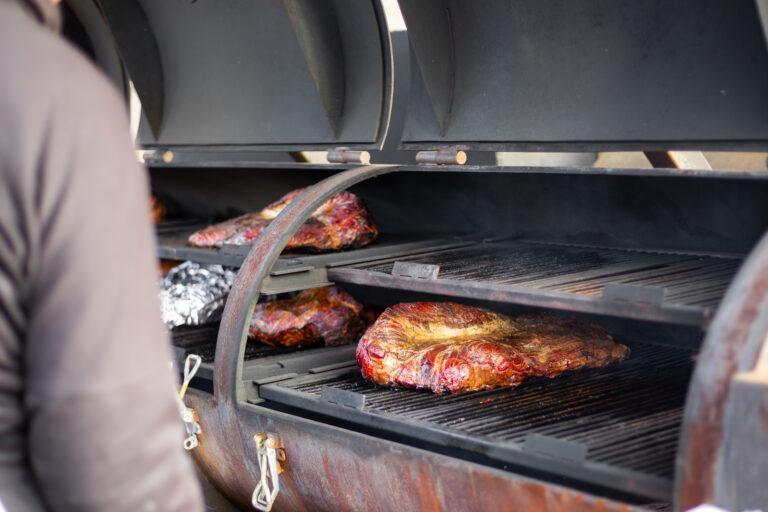By: d-mars.com
News Provider
When it comes to international travel, many of us get our passport and are ready to. However, according to a study, less than 10 percent of Americans who get their passport lack urgency to plan a trip immediately. Even more, five percent of passport recipients don’t make use of their country ticket gateway nearly a year after obtaining it. That could imply no direction, yet. Whether you’re trying to muster up the courage to finally take that solo trip or join friends after being asked a few times, check out these tips if you’re
1. Make sure you have your passport ready and see if a visa is required.
Your program provider probably already told you this, but you need to have your visa and passport sorted in advance of your departure. The process to apply for a passport can take a lot of time and several weeks to be delivered, so don’t try to apply for one last minute before your departure time. Before you start booking flights and places to stay, make sure your passport has been handled well in advance. When booking international flights and hotels, a passport number is usually required.
Once your passport is delivered, scan the identification page and keep copies of it. Allow a family member or a trusted friend to keep one page and then keep another copy with you in your wallet as you travel. The reason that you would have to keep one for yourself is because sometimes when you check into a hotel, the hotel may hold onto your passport during your stay to make sure you have paid for your stay, and to also help prevent it from getting stolen. (Although, there are sometimes safes in hotel rooms that you can use to lock your passport in.) The hassle that comes along with the fine details will ALL be worth it once you experience views like this.
Check which places in your itinerary will require a passport check, as some places do require you to bring your passport to visit an attraction. Also, depending how long you’re staying and what country you’re staying in, a visa may be required. A visa is a document issued by a country that gives you permission to travel there. Your provider will have information on the procedures for applying, but there are great resources online too.
2. Research the country, program options, its norms and traditions, and the language.
When you create your plans for your first time overseas, you should do plenty of research aside from the introductions and resources presented by your program. You should find out what that country is like by accessing message boards or Facebook groups for your program and talking to others who have already traveled there.
You should always check first with your program to see if they have accommodations such as housing and meals to provide you. Find out if you should exchange any currencies ahead of traveling, what are considered the local norms and traditions to get a feel for the culture, and maybe learn some basics of the language(s) spoken there. It always helps to know how to say “hello”, “bye”, “thank you”, and “where’s the bathroom?” Luckily, there are now apps that can help you simply translate languages, such as the Google Translate App. Always try to be as accepting of others’ cultures as much as you can.
You should also check with your bank to see if you need to set up travel alerts as you use your bank cards. That way your bank will be notified that you have left your country, and they won’t shut off your access due to what they think are strange charges. Ask your bank about international fees and if there are any partner banks in your next destination. Using your card can create fees that add up fast!
Pro tip: Check with your program to see if there are available resources that they recommend to you to get you acquainted with your host culture. These resources can vary from articles, suggested book lists, and maybe even popular music groups from your destination. You can also do a lot of research online on sites like TripAdvisor, Travel Channel, and Matador Network.
3. Understand the procedures to stay safe and to avoid disappointment.
One purpose of doing research before going abroad is to be prepared ahead of time and to open up your mind to avoid disappointment. See where your comfort levels lie. Can you handle bad traffic, pollution, trash, different scenery, poverty, or language barriers? Do you like experiencing mountains, cities, or beaches? If you research all the possibilities and types of places you’ll come across as you travel abroad, your expectations will stay realistic. Research is important for your first time traveling abroad. So is a map.
It’s important you always stay aware of your safety when traveling to a new country. Your program will probably go over safety protocols with you for disasters and other emergencies, but having street-smart knowledge is key too. You should always keep your senses heightened to thwart pickpockets. Keep your bags and wallets secure as you’re walking around. Avoid wearing anything too over-the-top or lavish and keep your money away when walking. If possible, try to leave your credit cards behind in a safe along with other valuables.
Wandering around a place you aren’t too familiar with, along with the language barrier, can make things feel more uncomfortable and place you at risk for “wrong place, wrong time” situations. Make sure you also have your itineraries handy for your flights, information for the hotels you’re staying in, and tour guides booked ahead of time to avoid scams. Share this information with a reliable family member or friend so that someone knows where you’re supposed to be, just in case.
4. Try to avoid overpacking and bring some useful technology with you.
It’s a common mistake to overpack. However, packing light abroad will help you travel much more easily. You can take your luggage up a flight of stairs more easily, and the process of getting on and off public transport will be WAY less cumbersome. As you’re packing, determine the number of days you’ll be staying, and adjust accordingly. Obviously pack enough clothes for the whole time you’ll be there (and remember that doing laundry abroad is an option), and make sure to check out the weather forecast of the country you’re heading to. It would suck to show up to Bali with a parka. You should avoid overpacking, because it will help leave some space for important items too, such as your medicines, technology, and some space to bring home some souvenirs.








